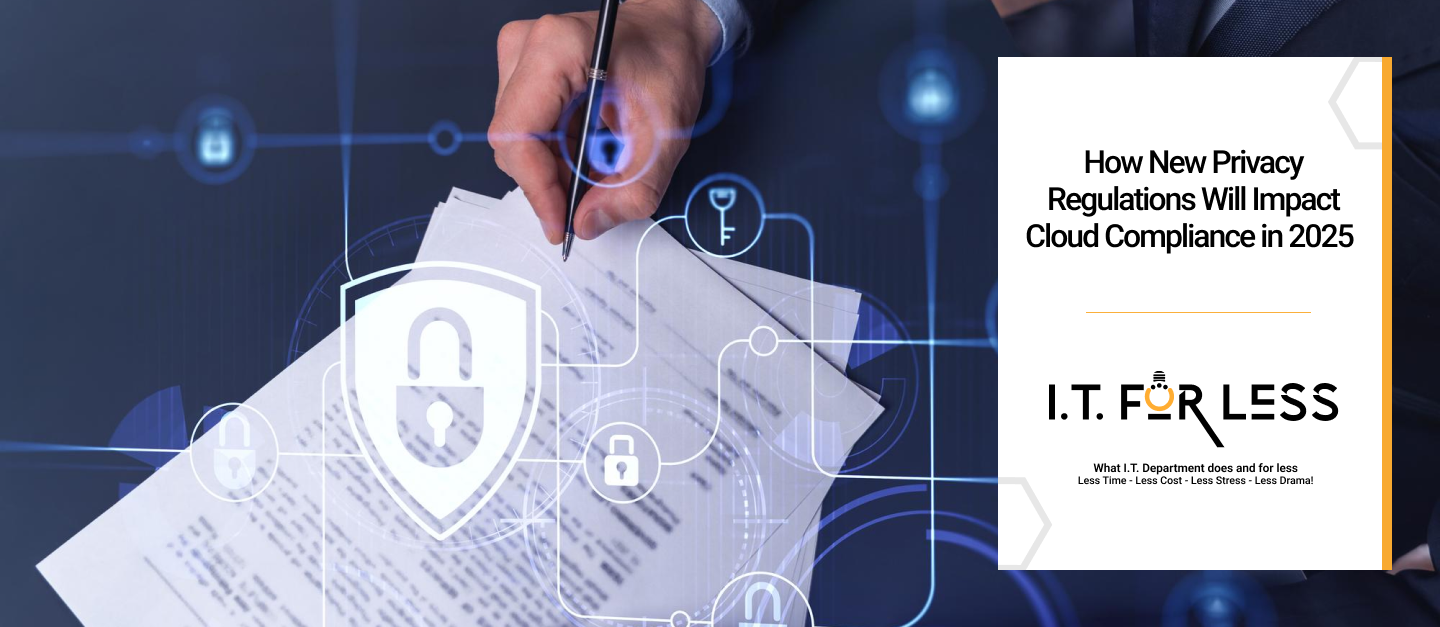The cloud has become the backbone of modern business operations, but with that growth comes increased scrutiny over data privacy and compliance. As 2025 unfolds, new privacy regulations across the globe are reshaping how organizations must handle cloud security and compliance. For IT leaders, the challenge is clear: adapt quickly or risk fines, reputational damage, and customer trust.
1. Stricter Global Privacy Standards
Privacy regulations are no longer confined to the EU’s GDPR. In 2025, more than 20 countries have introduced or updated laws requiring businesses to manage and protect personal data with greater transparency. U.S. state-level regulations are also converging into stricter national frameworks.
Impact: Businesses must now comply with multiple overlapping standards, making multi-cloud governance more complex.
2. Greater Demand for Data Sovereignty
Many countries now mandate that personal data must remain within national borders. Cloud providers are responding by offering localized data centers, but businesses must ensure their workloads align with regional requirements.
Impact: Organizations will need to carefully choose cloud regions and providers that meet sovereignty obligations.
3. Automated Compliance Monitoring Becomes Essential
With regulations multiplying, manual compliance checks are no longer feasible. Companies are turning to compliance-as-code, automated reporting, and AI-driven monitoring to continuously verify that systems remain aligned with regulatory standards.
Impact: IT teams will spend less time on audits and more time focusing on proactive security.
4. Increased Accountability in the Shared Responsibility Model
Regulators are making it clear that businesses cannot simply shift responsibility to cloud vendors. While providers handle infrastructure security, companies are ultimately accountable for how they configure, store, and process customer data.
Impact: Cloud misconfigurations that lead to breaches will result in heavier penalties and fewer excuses.
5. Privacy by Design as a Requirement
Privacy is no longer an afterthought—it must be embedded into the architecture of every cloud system. From encryption to access controls, organizations are expected to prove that privacy was considered from the ground up.
Impact: Businesses will need to show evidence of data minimization, consent management, and secure processing practices.
